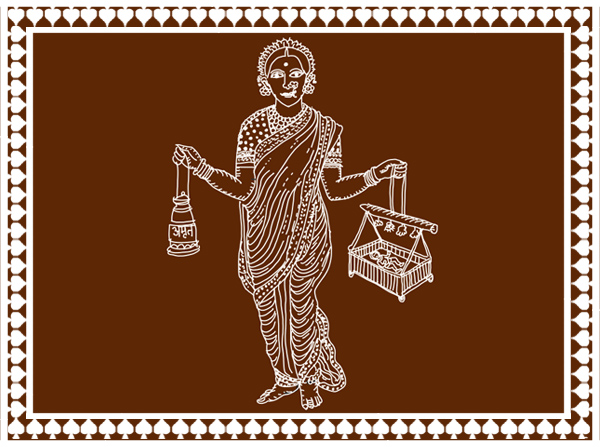
The second Sunday of the month of May is celebrated globally as International mother’s day. Anna Jarvis an American activist in the early 20th century was instrumental in proposing the idea of a world mother’s day as recognition of the invaluable role played by mothers across the world in nurturing and bringing up the children of this world.
However, the UN-sanctioned mother’s day celebration is often scoffed at as a western imposition by many in India. Is there a mother’s day in India that is part and parcel of the country’s culture? According to Dr Ashok Rana, the celebration of ‘Jivati Amavasya’ in rural India can be considered India’s own mother’s day.
Jivati is a goddess who is said to protect a newborn child and is worshipped as Jivati or Jivantika in Maharashtra. In rural Maharashtra women observe a ‘vrat’ or a penance rite on every Friday of the Hindu lunar Shravan month where they draw a picture of deity Jivati on the wall with sandalwood and worship her. Along with this rite, there is the tradition of inviting a married woman with their children for lunch. The menu would include ‘puran poli’ and various other Maharashtrian delicacies. The mother of the household would perform this pooja for the long and healthy life of her children. At the conclusion of the rite, women would narrate the story of Jivati.
The following story is part of the ‘Jivantika vrata’.
The King and Queen of the land had no children. The queen was particularly anguished by the thought of not being able to bear an heir to the throne. She bribed her nurse and suggested a plan to steal a newborn baby from somewhere in the village and bring it stealthily to the palace. The nurse agreed to go along, and Queen began to pretend that she is pregnant with a child. After nine months of this deception, she asked the nurse to look out for a baby. The next day the nurse had to attend the delivery of a baby of the young wife of a brahman in the village. As the young wife delivered a healthy baby boy, the nurse quickly substituted the newborn baby with a stone.
“ Oh, gentleman! Your wife has delivered a stillborn child. I am very sorry to inform this bad news” declared the nurse in a sad voice to the husband anxiously waiting outside the delivery room. The nurse then broke the news of the stillborn baby to the mother. Heartbroken, the young woman hugged the stone as tears rolled down her cheeks.
Meanwhile, the nurse quietly slipped through the backdoor with the newborn baby and hurried to the palace and handed it over to the Queen. The Queen then announced that she has delivered a baby boy. The whole kingdom rejoiced at the news of the newborn prince.
The brahman’s young wife could not get over the loss of her baby, and she got more and more depressed day by day. Seeing her inconsolable grief, brahman asked her to perform Jivati vrata. Thus she started praying to goddess Jivati, for the well being of her child. Years passed on but the young mother could not forget her baby.
Meanwhile, the boy grew into a handsome prince. One day the old King passed away and the young prince took over the reins of the kingdom as the new King. Once as the new King when he was visiting the village, he saw the brahman’s wife ( his mother) and was attracted to her beauty. He decided to visit her house, curious to find more about her. As he was entering her home, he stepped on the tail of a young calf tied at the door. Calf asked her mother cow, ” Oh Mother! Who is the sinner, who has stepped on my tail?” and the Mother cow replied “ Oh my child. Only a person who desires his own mother can sin by stepping over your tail.”
The King heard the cow’s words and realised that he was going to commit a sin and quietly walked back. But he wondered “ Why did the holy cow say the woman in the house was my mother? My mother lives in the Palace. How could I be a sinner?”. Baffled King asked the court priest for advice, who in turn told him to consult a Kashi purohit to cleanse his sins. The King then went to Kashi and the purohit advised him “ Oh King! To cleanse your sin, feed the whole village with your own hands”. King agreed and called upon all the villagers for a ritual feast. The whole village turned up for the royal feast given by the king. Brahmans’ wife too came to take part in the ritual meal offered by the King. As the King approached her and offered her food, milk started flowing from her breasts. The Queen-mother, who was standing beside the King stepped forward and revealed the story of his birth. Queen mother then fell at the feet of the Brahman’s wife and asked for forgiveness for stealing her son. Thus the mother and son were united by the grace of goddess Jivati.
The storyteller ends the story by saying “Such is the greatness of the Jivati, when worshipped with true devotion.”
Thus from ancient times women in rural Maharastra have been worshipping Goddess Jivati ‘s vrata as the mother’s day
—————-
Story Collected by : Vidya Kamat
Source: Adimaya by Ashok Rana
Location: Maharashtra
Image Copyright: Vidya Kamat







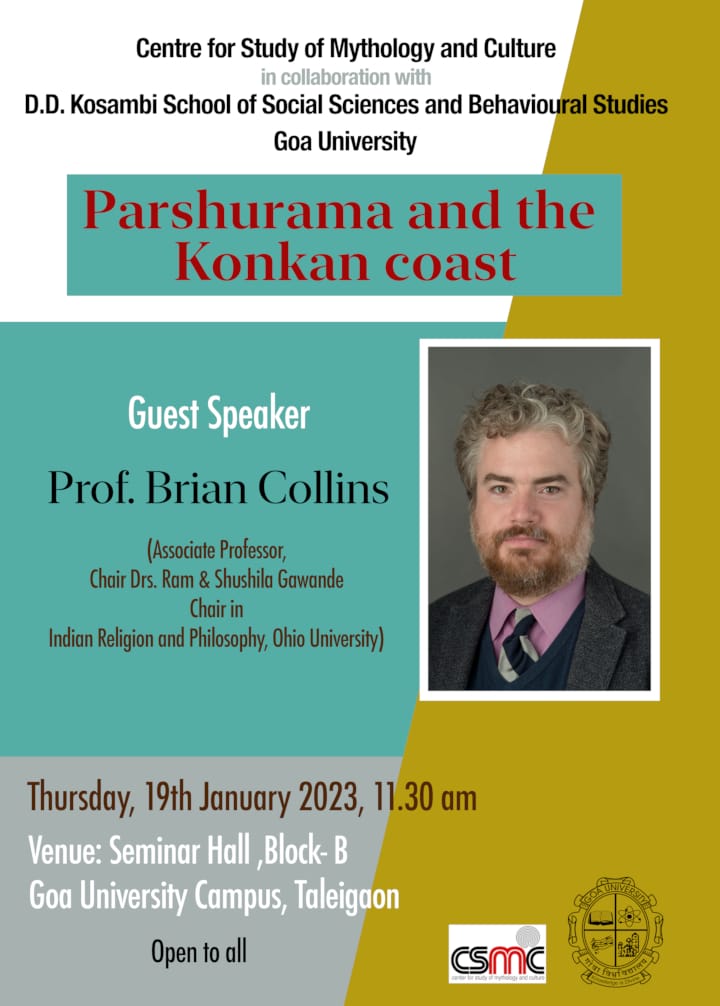
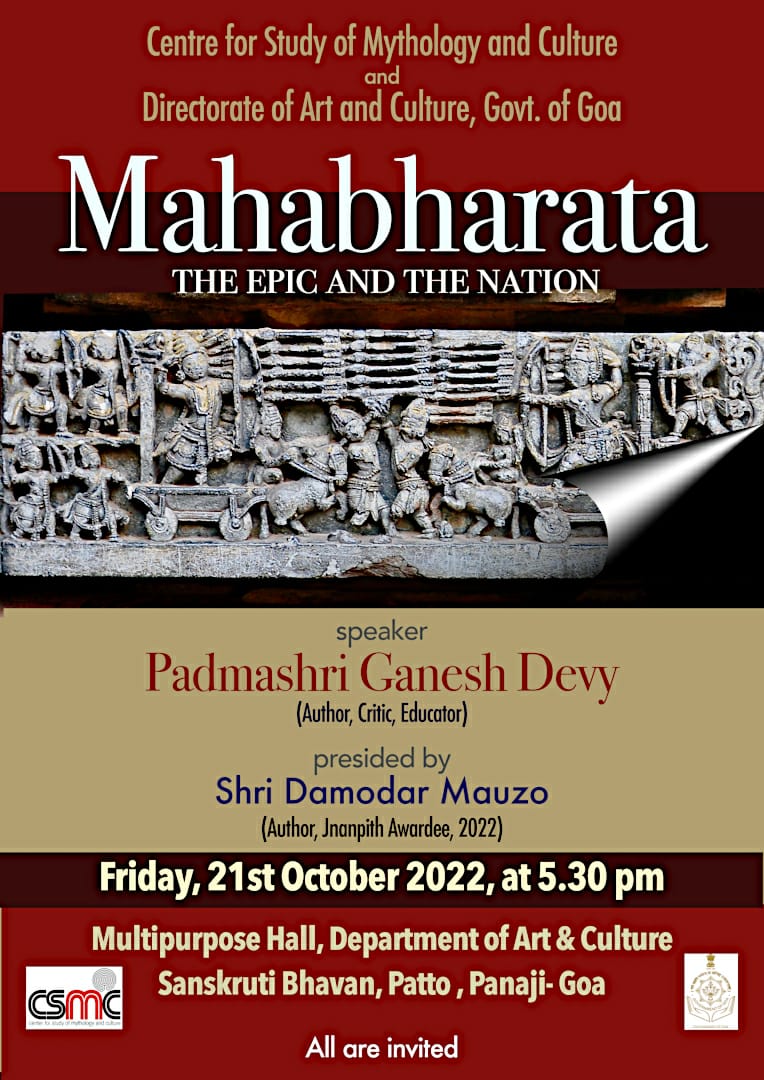
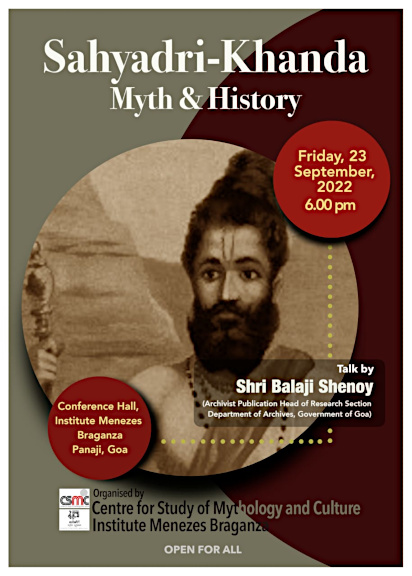
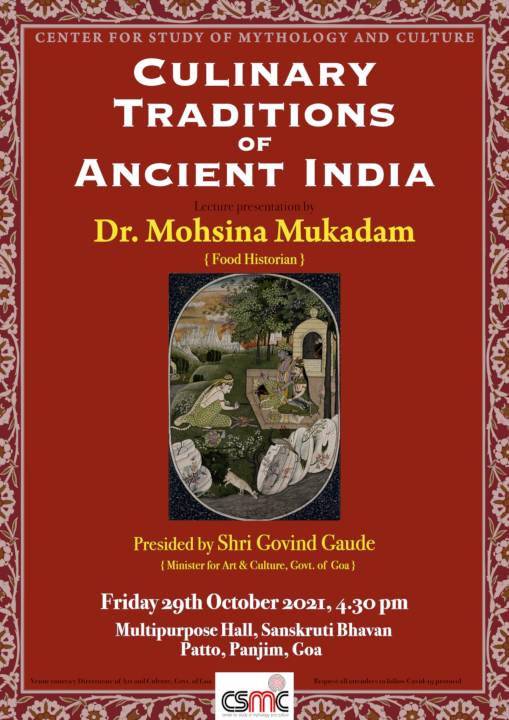

Wonderful …is it a folktale? I’m in search of one from Maharashtra. This is for a telling and need the authenticity behind it.
Yes it is a folktale from Maharashtra. I have heard this oral tale from rural Maharashtrian women. Here I have quoted the source from Dr. Ashok Rana’s book Adimaya Prajakt Publication, 2019.